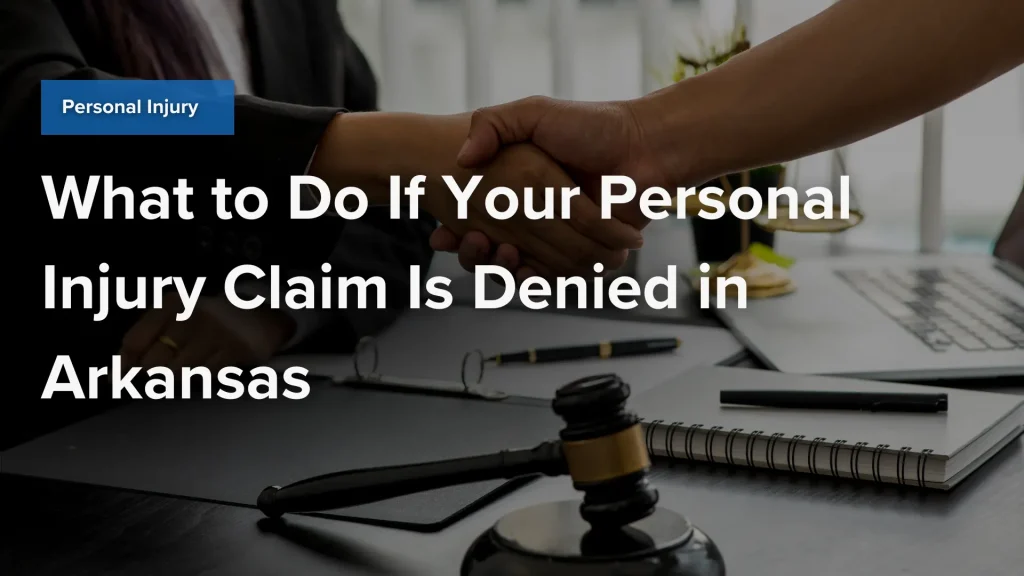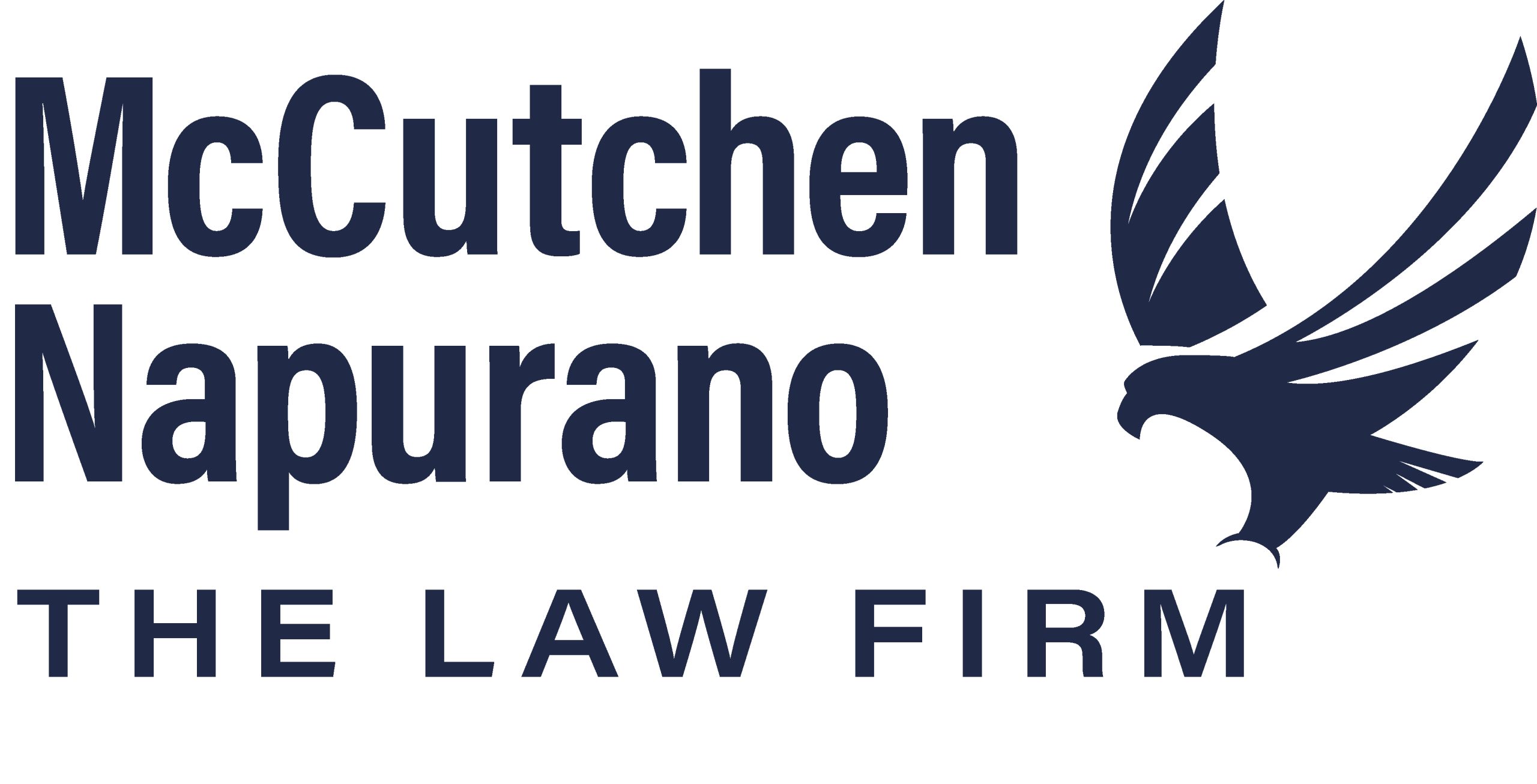Posted on Sunday, June 1st, 2025 at 9:00 am

After suffering an injury due to someone else’s negligence, receiving a claim denial from an insurance company can feel devastating. You trusted the system to provide and seek the compensation you need for recovery, only to face rejection when you’re most vulnerable. Understanding why claims get denied and knowing your options afterward can significantly affect your path forward. Denied injury claims can feel like a dead end, but they don’t have to be—many people successfully appeal or resubmit their claims with more substantial evidence or legal help.
What Does It Mean When an Injury Claim Is Denied?
When an insurance company denies your personal injury claim, it formally refuses to pay the compensation you requested. This denial arrives as an official notice, which typically explains the reasons behind their decision. What happens if your personal injury claim is denied depends on the specifics of your case. However, you still have options—like appealing the decision, gathering more evidence, or consulting an attorney to strengthen your next steps.
As frustrating and disappointing as it can be, a claim denial doesn’t necessarily mean the end of your case. Many valid claims are initially rejected, yet eventually result in fair compensation through proper legal channels. Insurance settlement offer companies often deny claims as an unscrupulous tactic to minimize their financial obligations, even when the claim has merit.
Injured individuals in Arkansas have the right to challenge these decisions. The denial represents the insurance company’s position, not the final word on your right to compensation.
Common Reasons Injury Claims Are Denied
Understanding why insurance companies deny claims can help you address potential issues before filing or preparing an appeal. Here are some common reasons for claim denials:
- Policy limitations: Insurance carriers might deny your claim because the specific injury or incident falls outside the policy’s coverage terms or exceeds predetermined limits.
- Delayed medical treatment: Waiting too long after an injury to seek medical care allows insurance companies to question the connection between the incident and your injuries.
- Insufficient evidence: Claims that lack proper documentation, witness statements, or other supporting evidence are more likely to be denied.
- Pre-existing conditions: Insurance companies frequently attribute injuries to existing conditions rather than the current incident to avoid payment.
- Disputed liability: If the insurance company believes their policyholder wasn’t at fault or that you share significant responsibility, they might deny your claim.
- Missed deadlines: Arkansas has specific time limits for filing injury claims and lawsuits (usually within three years of sustaining the injury). Missing these deadlines often results in automatic denial.
- Misrepresentation concerns: Any inconsistencies in your statements or documentation can raise flags for insurance adjusters looking for reasons to deny claims.
Remember that insurance companies employ teams of adjusters, lawyers, and investigators to find reasons to reduce or deny claims, even legitimate ones. Their primary goal is protecting company profits, not ensuring you receive fair compensation for your losses.
Legal Steps to Take After an Injury Claim Denial
 Receiving a claim denial doesn’t leave you without options. Here’s what you can do to fight back:
Receiving a claim denial doesn’t leave you without options. Here’s what you can do to fight back:
- Request a detailed explanation: If the denial letter lacks specifics, you should formally request a comprehensive written explanation detailing why your claim was denied.
- Review your policy: Carefully examine your insurance policy or the at-fault party’s policy to verify whether the stated reason for denial aligns with the actual policy terms.
- Gather additional evidence: Collecting more documentation may strengthen your case. Options include collecting witness statements or securing expert opinions.
- File an appeal: Most insurance companies have formal appeal processes. Please submit a written appeal addressing each reason for denial with supporting evidence that counters their position.
- Consider mediation: A neutral third-party mediator can sometimes help resolve disputes between claimants and insurance minimum coverage companies without litigation.
- Consult with an attorney: Personal injury attorneys can evaluate the strength of your case, identify potential bad faith practices, and advise you on the best path forward.
- File a bad faith lawsuit: If evidence suggests the insurance company acted dishonestly or unfairly in handling your claim, you might have grounds for a bad faith lawsuit in Arkansas.
- File a personal injury lawsuit: When negotiations fail, filing a lawsuit against the responsible party can provide a path to the compensation you deserve through the court system.
Has an Insurance Company Denied Your Claim? Contact McCutchen Napurano - The Law Firm Today
The process of challenging a denied claim requires attention to detail and persistence. Insurance companies count on claimants giving up after initial denials, but those who pursue their rights with the assistance of an experienced personal injury attorney often achieve significantly better outcomes.
If you’ve received a denial for your personal injury claim in Arkansas, the Fort Smith personal injury lawyers of McCutchen Napurano - The Law Firm can help you understand your options and develop a strategy to pursue the compensation you deserve. Our skilled legal team will review your case, identify the most effective approach, and fight for your interests against insurance companies. Call (479) 783-0036 today or contact us online for a free consultation.
Related Post
What You Need to Know About the Discovery Phase of Your Claim




